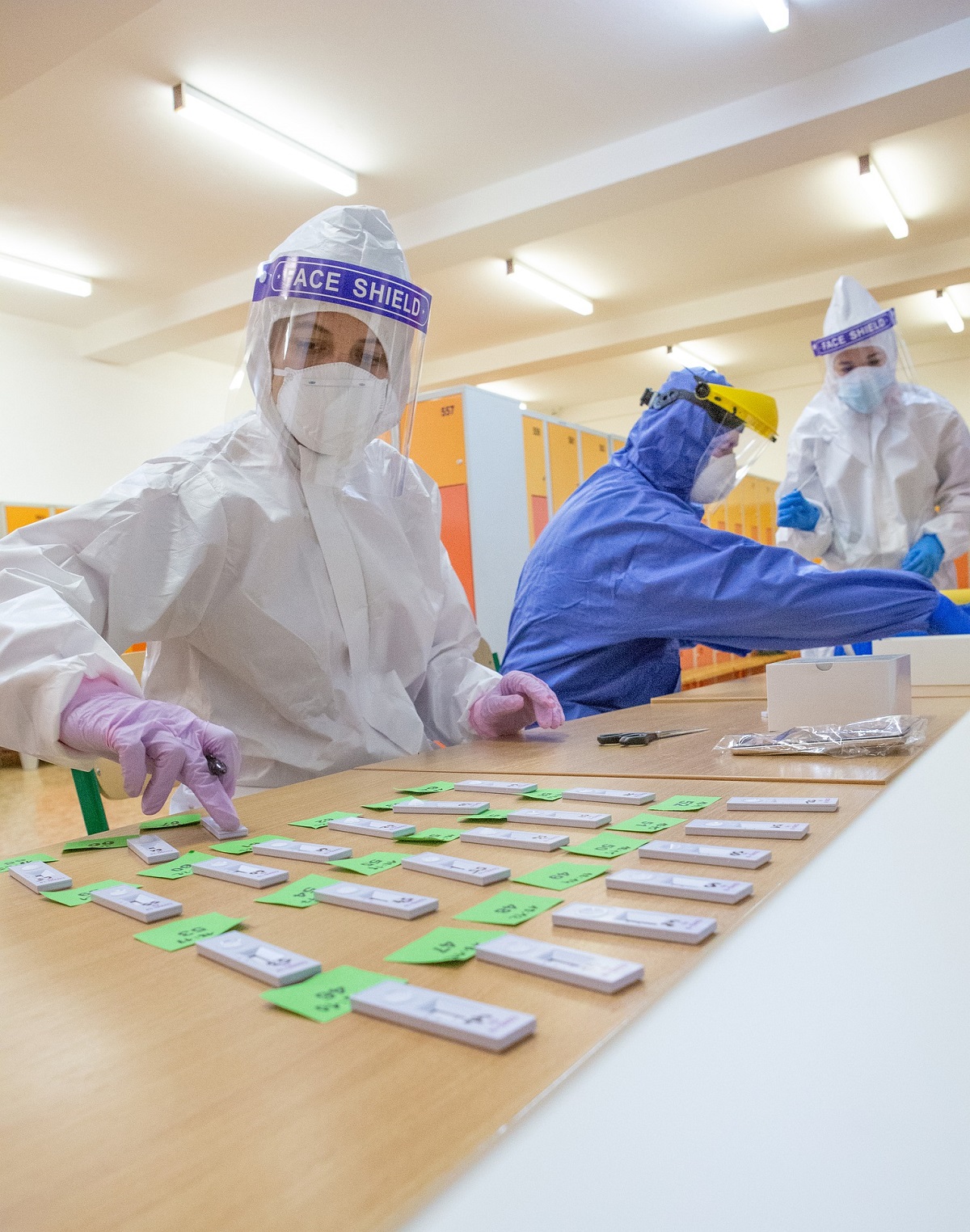The UK government is trying to find the first people in the UK to have contracted the Brazilian Covid variant by launching a surge testing scheme.
Surge testing for Covid variant
On Sunday, Public Health England (PHE) announced that up to six cases of the concerning P.1 variant first discovered in Manaus, Brazil, have been identified in Britain, three in England, three in Scotland.
Two cases were confirmed in South Gloucestershire but the third English case has not been located and could be anywhere in the country, because the person did not fill in their test registration card so their contact details are unknown. Anyone who took a test on February 12 or 13 but has not been given a result is being requested to come forward straight away.
The Gloucestershire cases are believed to come from from one individual who travelled back from Brazil and arrived in London on February 10, five days before the Government’s quarantine hotel policy came into effect. The traveller isolated at home with the rest of their household. It is thought that there were four positive tests in total in that household, two were confirmed as the P.1 variant but officials are waiting for the results on the outstanding two tests to see if they were infected by the Manaus strain too.
Health chiefs are worried that the new strain may spread more rapidly and respond poorly to existing vaccines. The government have been criticised as the news has exposed the “weaknesses” in the border protections against new strains given the timeframe provided. PHE and NHS Test and Trace are contacting the passengers on Swiss Air flight LX318 travelling from Sao Paulo, through Zurich, and landing in London Heathrow on February 10. Surge testing will take place in the Bradley Stoke, Patchway and Little Stoke areas of South Gloucestershire. The remaining unlocated case is not thought to be connected to the others because the virus contained genetic differences.
Officials stated that the individual’s test was processed on February 14, therefore it is probable that it was taken a day or two beforehand. They think that the infected person is unlikely to have taken their test at one of the regional test sites, because staff can check if contact details have been given, but it could have been a home test or from local surge testing.
The Scottish Government revealed that three citizens who returned to north-east Scotland from Brazil, via Paris and London, subsequently tested positive for Covid. The tests, completed in early February, were handed over to the UK’s sequencing programme and were identified as being the Manaus variant. Officials are contacting the other passengers on their flight from London to Aberdeen. The Scottish cases are not thought to be connected to the English cases.

